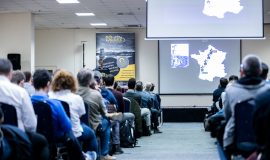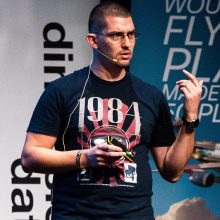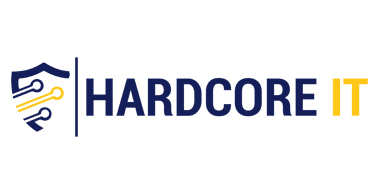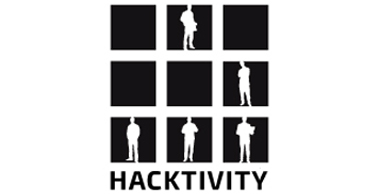Security BSides is the first grass roots, DIY, open security conference in the world! It is a great combination of two event styles: structured anchor events and grass-roots geocentric events.
“ It is no failure to fall short of realizing all that we might dream.
The failure is to fall short of dreaming all that we might realize. ”
Dee Hock, Chairman Emeritus, Visa International
‘Security BSides is a community-driven framework for building events for and by participants in the information security community. It creates opportunities for individuals to present and participate in an intimate atmosphere that encourages collaboration. It is an intense event with discussions, demos, and interaction by participants. The goal is to expand the spectrum of conversation beyond the traditional confines of space and time. This is where conversations for the next-big-thing happen. The open platform gives community participants a rare opportunity to directly share ideas, insights, and develop longstanding trusted relationships with others in the community.’ Security BSides

















































